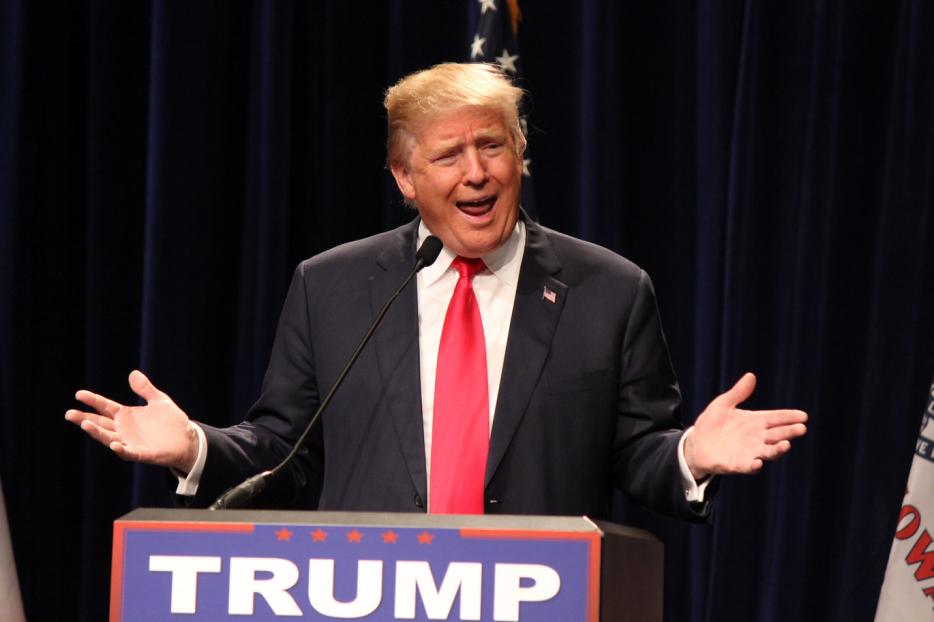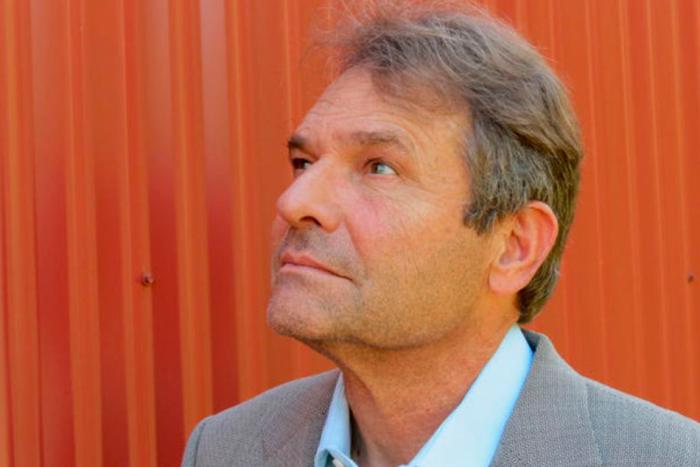On May 14, 1643, thirty-three years after taking the French throne, Louis XIII died of complications from tuberculosis. Throughout his reign, he had found difficulty in centralizing power, and felt forced to exile his mother, Marie de’ Medici, and execute many of her followers in order to stave off both Italian influence and the followers of his late father, Henry IV, who had been assassinated when he was just eight years old.
Louis XIII left the throne to his four-year-old son, who would ably learn from his father’s mistakes. When Louis XIV entered his twenties, he realized he would have to cement his monarchical legitimacy not exclusively through the violent realpolitik of his father, but also by making himself into a celebrity—someone the people and the courts could understand, could like, could dream of being. It was largely through soft power that he would affirm and centralize his domestic rule.
In order to do so, he declared himself “the Sun King.” He ordered that his triumphs on the battlefield be engraved and distributed. He had two arches—the Porte Saint-Denis and the Porte Saint-Martin—constructed, as well as two squares—the Place des Victoires and the Place Vendôme, both of which surrounded statues of him. He had Versailles turned from a hunting lodge into a palace, bringing together the previously decentralized French nobility, and he hired Israel Silvestre the Younger as his designer and engraver, who was tasked with distributing high-quality etches and prints of the new palace and gardens to the French populous. Perhaps better than any other monarch in history, Louis XIV understood that power could be realized most efficiently and most persuasively not by hard-fought accomplishment but by performance and artifice.
Today, we would call someone like Louis XIV, who was adept at managing his image and performing a high social role, a celebrity. But the history of celebrities as we now know them is a relatively recent one. In its current definition—as someone who is given or achieves major public recognition—the word dates back to only 1849, when it first appeared in the Oxford English Dictionary, just a decade after photography was commercially introduced. Mass intimacy requires a dilution of one’s complexities. In order to become a celebrity, a person necessarily becomes a personage.
*
The contemporary celebrity is a slightly different breed than the Sun King. The most interesting and salient aspect of modern celebrity culture is the recent addition of the “attributed celebrity,” the kind of celebrity to which Donald Trump and the Kardashians belong. As the sociologist Chris Rojek noted in his book Celebrity, fame can be “ascribed” (because of one’s lineage), “achieved” (because of one’s talent), but it can also now be “attributed.” While the first two paths have been common throughout history, the third is quite new. By definition, the attributed celebrity is associated with qualities that the populous believes are useful and desirable but may not actually be so.
Attributed celebrities are, as Rojek wrote, “cultural fabrications.” Rojek, who published Celebrity in 2001, presciently saw that the existence of attributed celebrities was largely due to “the expansion of the mass-media.” Via social media today, the masses have a direct say in an individual’s public recognition. Remarkably, the attributed celebrity does not have to be an achiever of anything in particular, an original thinker, or a groundbreaking iconoclast. As well as being anti-elitist and populist in nature, attributed celebrity culture is also conceptually anti-neoliberal: little must be done to earn celebrity and one does not have to positively affect the market to be made famous (although it helps). On shows such as The Bachelor, The Apprentice, or Survivor, it is the contestants’ characters—more so than their accomplishments—that give the viewing public reason to watch.
Celebrity culture has been particularly successful with the rise of mass dissemination of images. (The term itself, perhaps unsurprisingly, grew out of the era of photography’s invention.) Projected on our screens, the celebrities we choose can do our living for us. We assign them to positions of power and notoriety, and then let them live and feel on our behalf, whether it’s in our best interest or not.
So why do some people catch the public’s favor in such a way as to vault them to celebrity status in the first place? Historically, a central reason has been their characteristic adherence to tropes. In order to trust someone, it is helpful if the populous feels as though they have seen that person before—in history, or, perhaps even more importantly, in stories.
As anyone who has spent time watching reality television knows, there is a standard cast: the villain, the sweetheart, the charmer, the gold-digger, the attention obsessive. There is also often the ditz, the moralist or goodie-goodie, and the everyman. We have seen these roles before. They fit into our oldest stories. In his fourth century B.C.E. book The Characters, Aristotle’s student Theophrastus introduced the types of characters he’d seen across Ancient Greece, which are, in essence, the same characters as one sees on an episode of Big Brother or Survivor: “the talkative,” “the show-off,” “the coward,” “the basely covetous,” “the penny-pincher,” “the boor,” “the officious,” “the flatterer”—and twenty more. The best way for people in positions of power to be understood, beloved, and legitimized is by their adherence to these cookie-cutter character frameworks, which have lasted millennia. In this way, the would-be celebrity is understandable to everyone—beyond linguistic, social, cultural, even intellectual barriers.
*
Is there a truth behind the type? In the case of Donald Trump, will we ever know who he is? What really comprises his relationship with Melania? With his children? What are his deepest, most heartfelt opinions? “It’s like a Rubik’s cube trying to figure this guy out,” Joe Biden once told The New York Times. “We have no freakin’ idea what he’s gonna do.”
This mystery is not accidental. Like any attributed celebrity, Trump understands that mass intimacy requires simplification of one’s characteristics. Only so much can be presented at once. To be best understood, one must present a consistent image while, ideally, adhering to a recognizable type. If Trump is to maintain the favor of those who put him in power, he cannot change from his current tropes of “ruthless businessman,” “man’s man,” and “independent,” which vaunted him to celebrity status in the first place. Although some of his supporters claimed that he would become “more presidential” upon ascending to the role, Trump surely knew that this would be a betrayal of those who made him a celebrity in the first place. His celebrity “role” is not, and has never been, “presidential.” When Trump pushes past Montenegro’s leader Dusko Markovic at a NATO conference in Brussels, when Trump tries (and fails) to intimidate Emmanuel Macron with his signature aggressive handshake, he is only playing his role.
Many of his voters—who watched The Apprentice, who bought his Trump-branded clothing, attended Trump University, and who appreciated his anti-Establishment rhetoric and all the others characteristics that fit within his pre-established trope—are more comfortable seeing that little has changed between candidate and president. He installed gold drapes in the Oval Office; he still wears his wide-lapelled Brioni suits and keeps up his combed-over hair; he’s still out golfing, and, based on his orange complexion and the little white goggle lines around his eyes, he seems to be continuing his tanning regimen.
That is, he is still the same well-known trope-character, consistent and understandable—and understandability is comfortable. To understand a person is to understand the tropes he adopts. Perhaps it is to give Trump too much credit, but if he’s adept and interested in anything, it’s the creation of his own celebrity. Louis XIV, meet Donald Trump. Predictability, even the explosive kind, is the foundation of trust.






